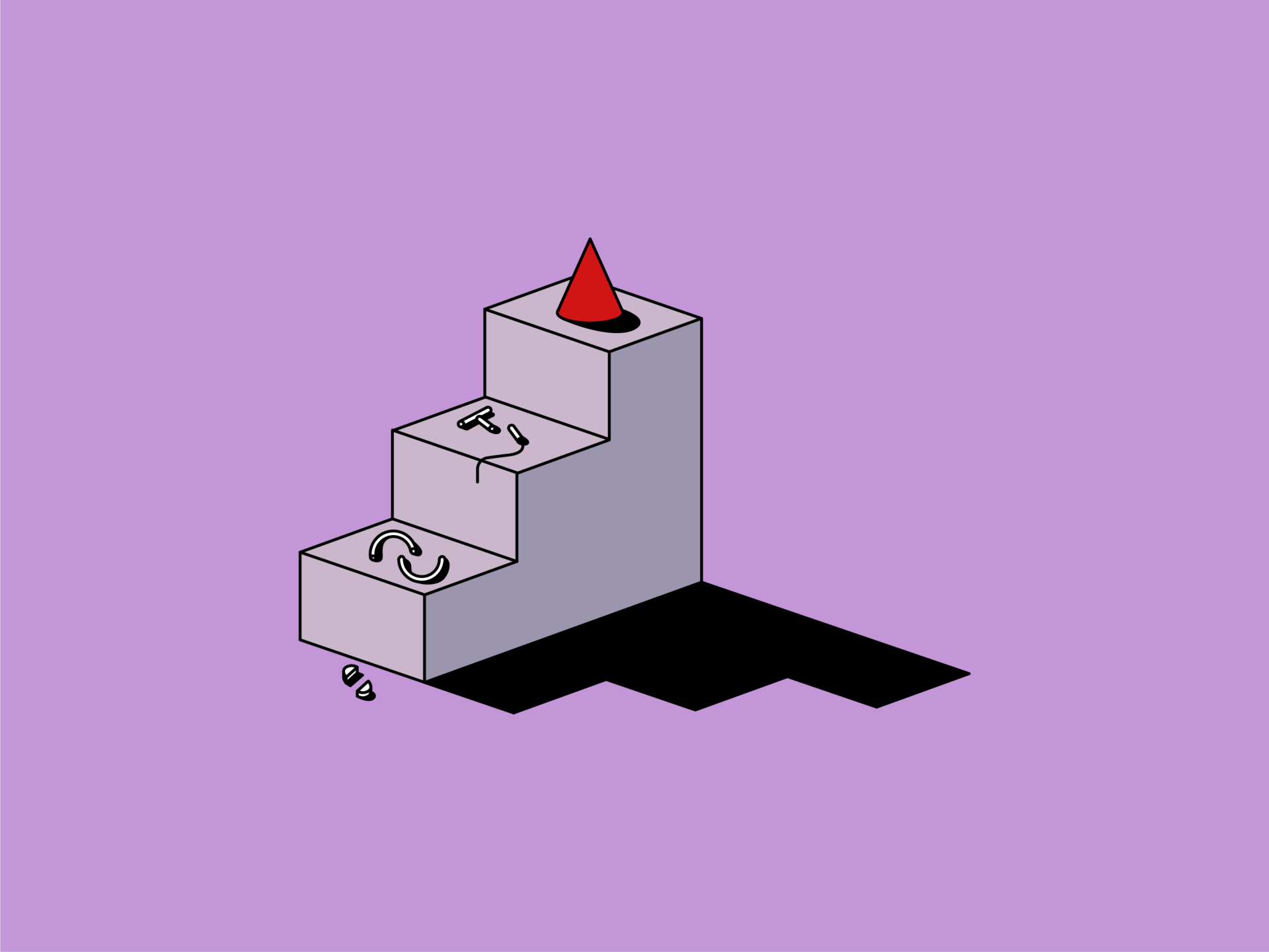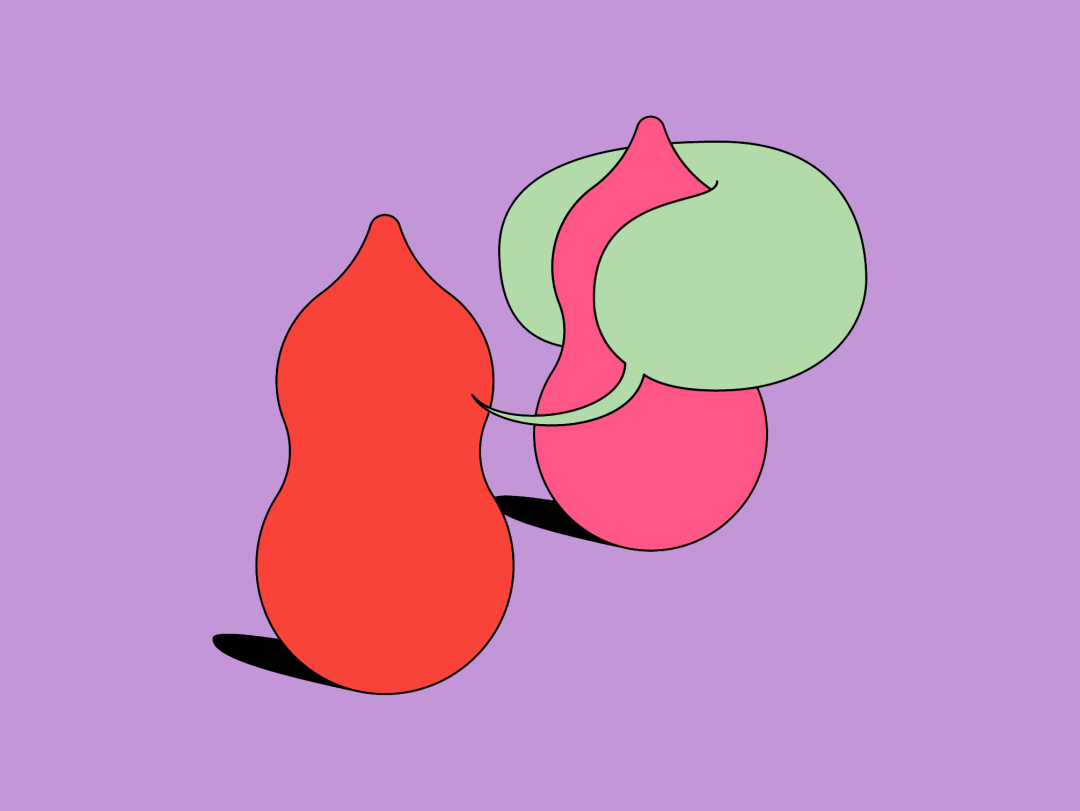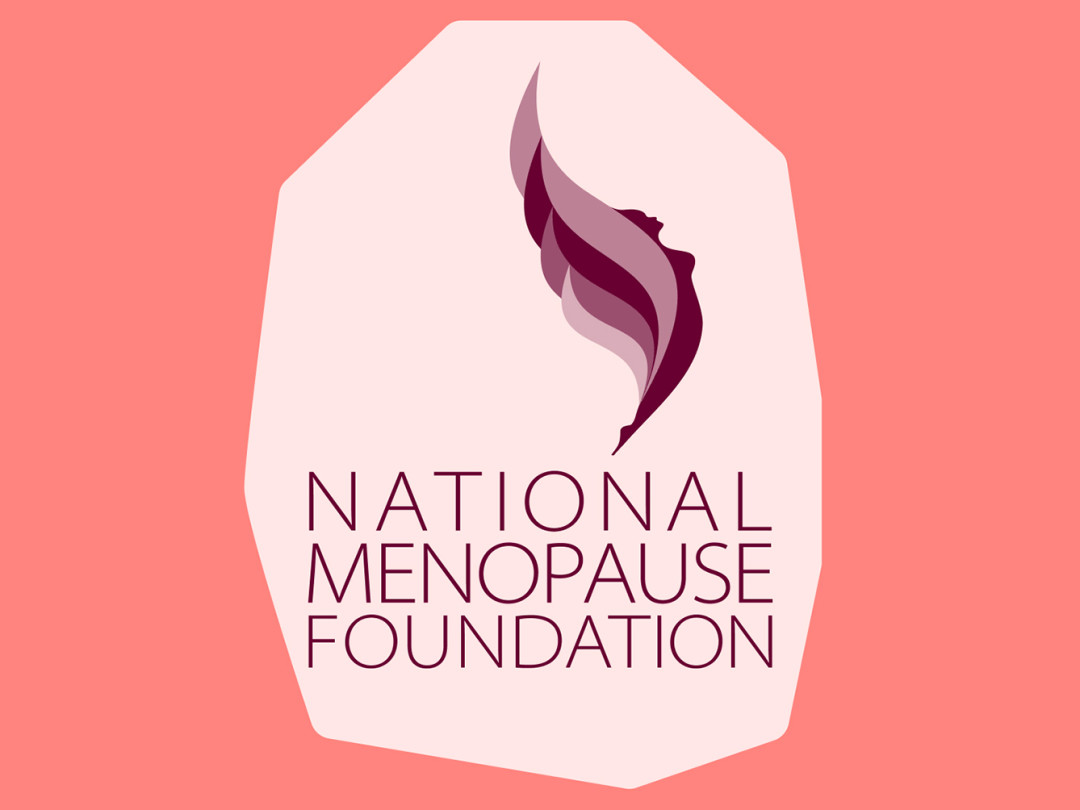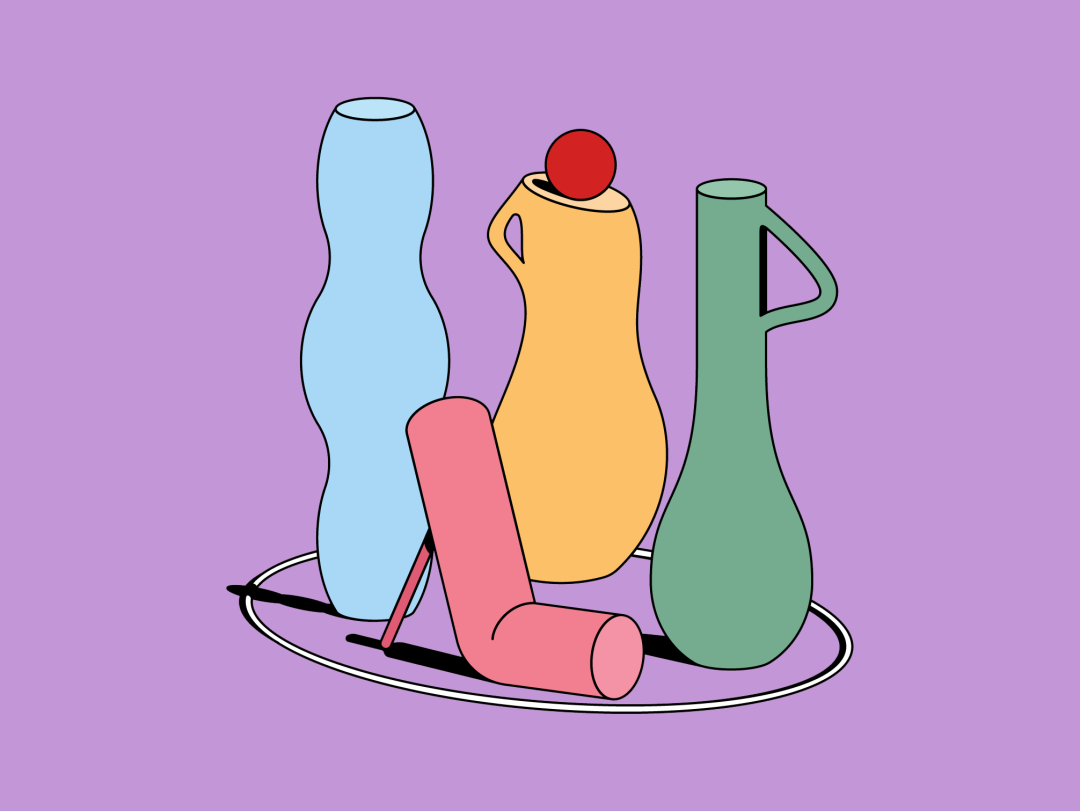#personal-essay
A Battle With Birth Control
voices
·5 min read

by Mariana Ruiz | 09/20/2018
Birth control has been a part of my life since I was 15 years old. It’s been 14 years of pills, IUDs, rings, and shots of artificial hormones. Hell, I’ve even tried a modern-day diaphragm and took to measuring my basal body temperature every morning to chart my natural cycles. Just typing that I feel a bit like a hormonal Frankenstein experiment.
On one hand, access to birth control is empowering and provides a sense of security against pregnancy (when used correctly, of course). But on the other, it can feel entrapping being tied to a drug that’s potentially wreaking havoc on my natural hormone production, and living in fear of ever stopping due to the rollercoaster of post-pill symptoms.
It’s a topic that stirs up a mix of emotions. While I’m in no way a medical professional (I’d highly recommend consulting one before experimenting with different birth controls), I can share a bit of insight on my experience with both natural and hormonal birth control, and the perspective it’s given me on women’s health and my own body.
Ignorance is bliss
What do we really know at 15? Personally, I was more focused on whatever high school drama was going on at the time. I certainly wasn’t thinking about the repercussions of screwing with my sensitive hormonal system when I made an appointment at Planned Parenthood to get my first pack of birth control.
Looking back, I often wonder if taking that tiny pill of synthetic hormones played into my ever-increasing depression and anxiety throughout high school and early college. I definitely had many of the other common side effects like spotting, nausea, breast tenderness (and growth), decreased libido, increased libido, and mood swings—oh, the mood swings—but never actively tied them to the pill.
The IUD
Things started to take a downward spiral when, at 20 years old, I decided to get the Mirena IUD.
At first, it seemed great. Just pop this thing into your uterus and never worry about birth control again! (Ah, the naiveté.)
My period disappeared almost completely within the first two months and it was seemingly smooth sailing. Then, I noticed a dramatic increase in cystic acne. And not just pre-period, but during all the stages of my ‘cycle’ (aka my IUD-influenced cycle).
In addition, my boobs ballooned, my confidence depleted, and I began spotting — I didn’t feel like myself. Something was off and I didn’t know what or why. My doctor assured me that my body was just getting used to the new device and it could take 3 - 6 months to adjust, so I waited it out.
Except nothing changed.
While I had that IUD, I researched the hell out of everything on all types of hormonal birth control, what they can do to your body, and how I could get back to ~normal~.
It was my first real introduction to what was going on behind the scenes of my body in terms of hormones and reproductive health. There was SO MUCH I didn’t know. It occurred to me that I’d been living pretty blindly, popping synthetic pills and sticking foreign objects into my uterus without a second thought.
Break time
After a little over a year, I saw no improvement and got my IUD removed. However, this wasn’t without being assured by my doctor that all of the aforementioned symptoms were unrelated… which would have been more believable had the symptoms not disappeared almost immediately after removing the IUD.
This turning point opened my eyes to the pharmaceutical birth control industry. Not one doctor during that time would even entertain the thought that these symptoms were caused by the IUD. Some were even rude, answering my concerns in a condescending tone as if to say, “What do you know about your own body? I’m the doctor here.”
This left me filled with disappointment, and confused as to what my options were from here on out. I knew it was time to give my body a break.
Round 2
At 25, I learned of the copper IUD. (Spare me your judgment, please!)
Let’s just say, hormones or not, my body did NOT like foreign objects. This time was almost worse. My flow was heavy and lasted for 10+ days. Again, my face swelled with cysts, I gained weight, my breasts ballooned to the point where people were asking about my new boobs. I felt disgusting, like a constantly bloated, pepperoni-faced shell of a woman.
It was a repeat of the last time. My doctor insisted, “No, these symptoms don’t happen because of birth control. Plus, there are no hormones, it’s not possible!” only for the symptoms to fade away as soon as it was removed.
Bye bye, synthetic hormones
I’m fortunate enough that my natural periods are pretty tame, so in an attempt to reclaim my body, I swore off hormonal birth control yet again, determined to get in touch with my natural cycle.
I dove deep into learning about my reproductive health and natural fertility planning. I learned how to track my cycles, went old school and invested in a Caya diaphragm, and even saw a naturopath to help get my hormones back on track.
There’s a sense of empowerment that comes with being in-tune with your body’s natural rhythm, but I’m not going to sugarcoat it, it took time to make this work.
Condoms coupled with the diaphragm definitely put a damper on spontaneous sex. And going from popping a pill or having an IUD in 24/7 to actively tracking my cycles was tedious, to say the least. And at the end of the day, I still didn’t feel fully protected from accidental pregnancy.
Decisions
Ultimately, after two years of charting my fertility cycles, I went back on the pill once I entered a long-term relationship, which I still use now.
It was a choice that I didn’t take lightly, and it does occasionally stir up unresolved emotions about wanting to be hormone-free. But for now, it’s the decision that best fits my lifestyle.
My main takeaway from all this was the importance of knowing my own body and being informed. Had I never began learning about the effects of synthetic hormones, I’d still be scratching my head as to why my body was having all these wacky symptoms. Not knocking medical advice, I just don’t suggest following it blindly.
If you’re torn between hormonal birth control and natural options, please do your research. Consult a medical professional, know all of your options, and pay attention to how your body reacts. Make yourself aware, go through the pros and cons, and THEN determine which option fits best with your lifestyle and body.
I’d love to hear your experience with birth control, positive or negative, in the comments below!
Mariana Ruiz is a freelance writer using words and stories to connect with people. Her hobbies include traveling to tropical beaches as often as possible, and contemplating what it means to be human in this wild world.
by Mariana Ruiz
discover more topics
more from voices

Why We Need to Change the Way We Talk About Periods
by Keeley McNamara, CNM, and Jen Swetzoff
07/17/2023

